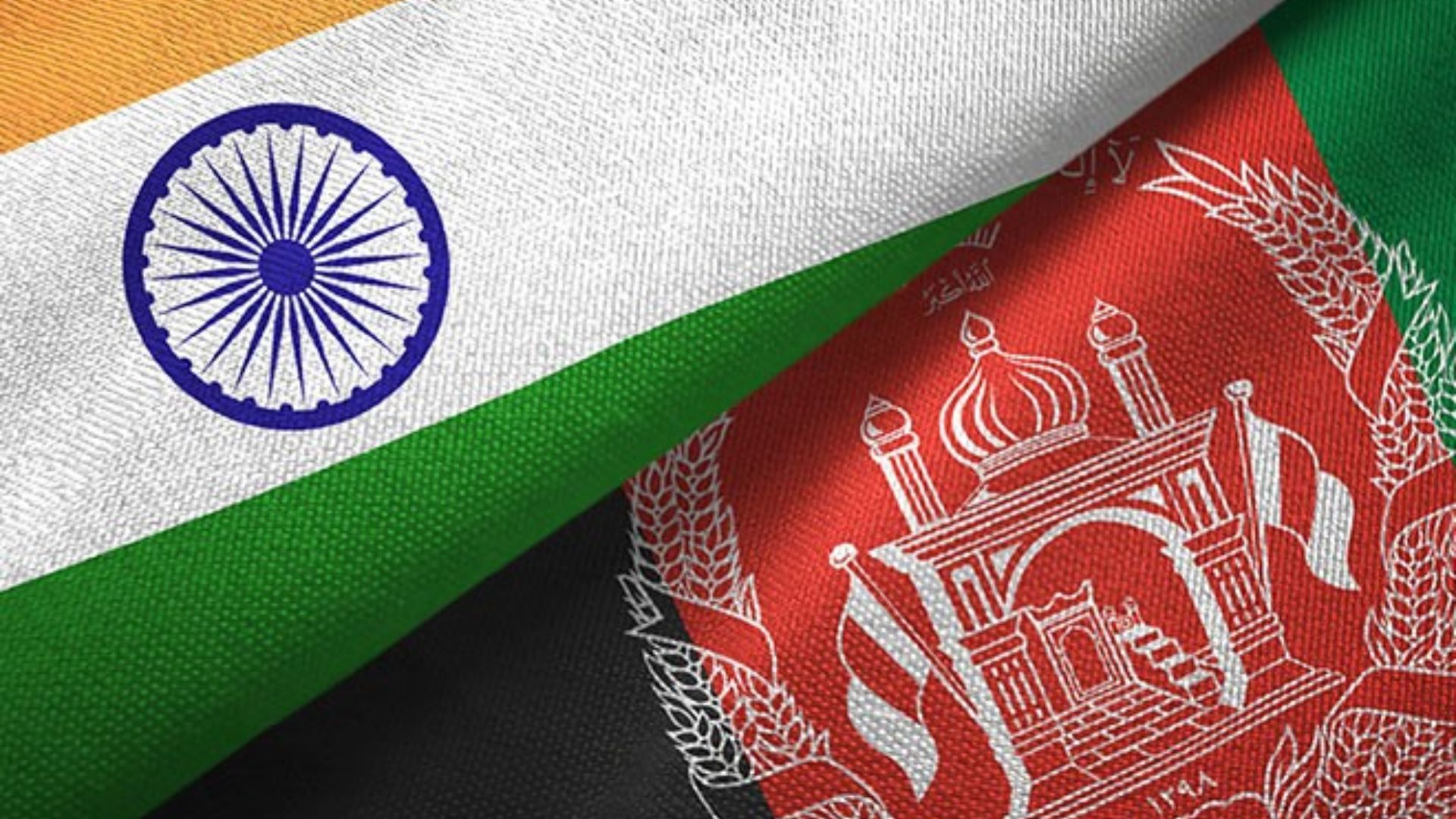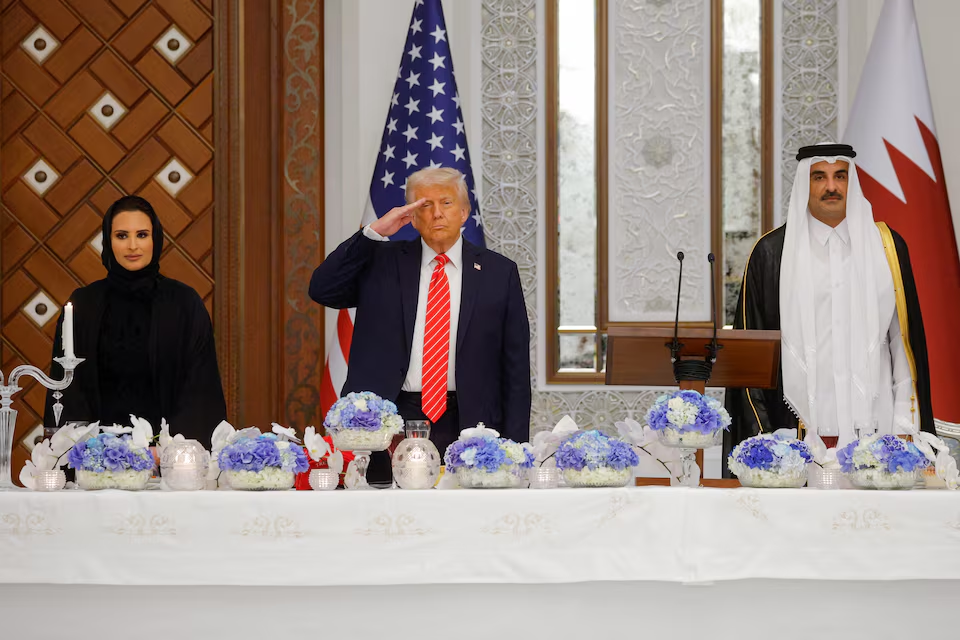As South Asia undergoes significant realignments in its geopolitical landscape, India’s relationship with Afghanistan is emerging as a strategic concern amid growing influence from regional powers like China, Pakistan, and Iran. According to an in-depth report by The Sunday Guardian, India is actively recalibrating its approach to ensure that its historical ties with the Afghan people remain resilient despite the complex power dynamics reshaping the region.
Since the return of the Taliban regime in August 2021, India has walked a delicate line—choosing not to formally recognize the Taliban government, yet cautiously engaging through humanitarian assistance, backchannel diplomacy, and limited diplomatic presence in Kabul. India’s strategic priorities remain focused on regional stability, counterterrorism, and the protection of its developmental investments in Afghanistan.
India has long been one of the largest regional contributors to Afghan infrastructure and education, having invested over $3 billion in development projects, including roads, schools, dams, and the strategic Zaranj-Delaram highway. While many of these initiatives remain functional, the volatile security environment and uncertainty over governance have put India’s broader Afghan policy under review.
The Sunday Guardian report highlights growing concern in New Delhi over Pakistan’s and China’s deepening ties with the Taliban. Pakistan, historically a key patron of the Taliban, continues to exercise influence, particularly through its intelligence agencies. Meanwhile, China has stepped up its engagement in Afghanistan, seeking access to rare earth minerals, promoting Belt and Road connectivity, and positioning itself as a diplomatic counterweight to Western and Indian influence.
At the same time, Iran’s increasing involvement in western Afghanistan and its relationship with Shia Hazara communities adds another layer of complexity, potentially challenging India’s strategic depth in the region.
Experts cited in the article argue that India cannot afford strategic disengagement. Former diplomats and security analysts emphasize the importance of sustained political outreach to moderate Taliban factions, support for the Afghan diaspora, and regional coordination with players like Russia and Central Asian republics, who also seek stability and fear the spillover of extremism.
India’s decision to reopen its diplomatic mission in Kabul in mid-2022, albeit in a limited capacity, reflects a pragmatic recalibration rather than a policy reversal. It allows New Delhi to maintain communication channels, monitor ground realities, and support Indian nationals and Afghan allies.
Analysts also point out that India must guard against the Taliban-ruled Afghanistan becoming a safe haven for anti-India terror groups, particularly elements of Jaish-e-Mohammed (JeM) and Lashkar-e-Taiba (LeT), who are believed to have links in eastern Afghanistan.
Despite the Taliban’s repeated assurances that Afghan soil won’t be used against India or any foreign nation, trust remains limited, and New Delhi continues to advocate for an inclusive political settlement that respects human rights, especially those of women and minorities.
As South Asia’s geopolitical chessboard becomes increasingly multipolar, India’s Afghanistan policy is evolving toward a hybrid strategy—balancing humanitarian engagement, strategic caution, and diplomatic assertiveness to preserve its long-term interests in a nation that has historically served as a gateway to Central Asia and a buffer against extremist forces.
Whether India’s nuanced strategy will yield long-term dividends depends largely on the Taliban’s internal dynamics, regional cooperation, and the broader trajectory of global engagement in post-conflict Afghanistan.
Source: The Sunday Guardian



